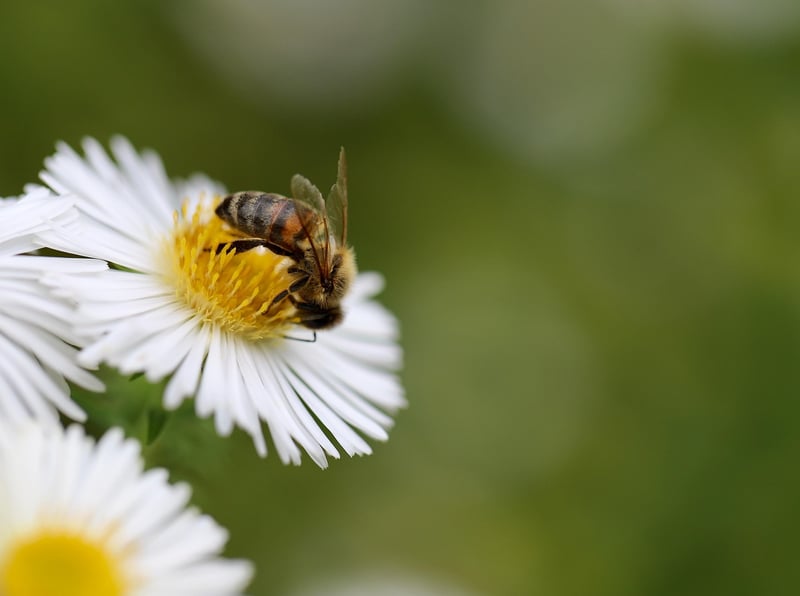Pest Control
Keeping Your Garden Healthy: Pest Control Tips
Having a beautiful garden full of vibrant plants is a joy for any gardening enthusiast. However, maintaining a healthy garden requires more than just watering and weeding. One of the key challenges that gardeners face is dealing with pests that can damage plants and disrupt the ecosystem. Here are some essential pest control tips to help you keep your garden healthy and thriving.
1. Identify the Pests
The first step in pest control is to identify the specific pests that are causing damage to your plants. Look for signs such as holes in leaves, chewed stems, or visible insects. By knowing the type of pests you are dealing with, you can choose the most effective control methods.
2. Use Natural Predators
Encourage natural predators such as ladybugs, lacewings, and birds to visit your garden. These beneficial insects feed on pests like aphids, caterpillars, and mites, helping to keep their populations in check. Planting native flowers and providing shelter for birds can attract these natural predators to your garden.
3. Neem Oil Spray
Neem oil is a natural insecticide that can effectively control a wide range of pests without harming beneficial insects. Mix neem oil with water according to the instructions and spray it on your plants to deter pests like aphids, whiteflies, and spider mites.
4. Companion Planting
Planting certain herbs and flowers alongside your vegetables and flowers can help repel pests. For example, marigolds deter nematodes, basil repels mosquitoes and flies, and mint keeps ants away. Research companion planting strategies to find the best combinations for your garden.
5. Remove Infected Plants
If you have plants that are severely infected with pests or diseases, it's best to remove them from your garden to prevent the problem from spreading. Properly dispose of the infected plants to avoid reinfestation.
6. Regular Inspection
Make it a habit to regularly inspect your plants for any signs of pest damage. Early detection allows you to take action promptly before the infestation becomes severe. Keep an eye out for eggs, larvae, and adult insects on both the upper and lower surfaces of leaves.

By following these pest control tips and maintaining a vigilant eye on your garden, you can effectively manage pests and keep your plants healthy and thriving. Remember that a balanced ecosystem with a variety of plants and beneficial insects is key to long-term pest control in your garden.
Happy gardening!
